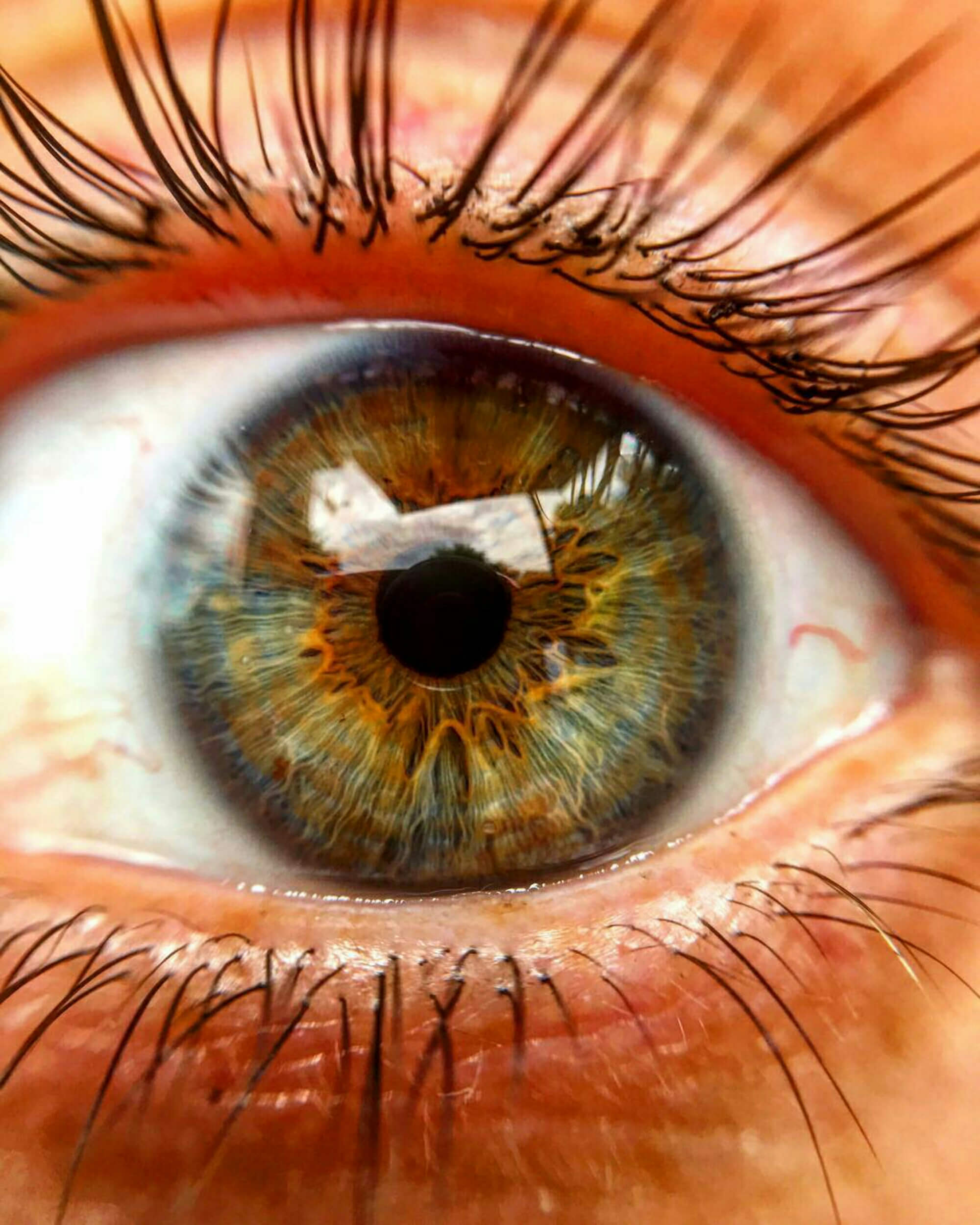What Is Glaucoma?
Glaucoma is a group of chronic and progressive eye diseases characterized by damage to the optic nerve. This damage often results from abnormal pressure building up within the eye, which prevents the optic nerve from sending visual information to the brain, causing vision loss. Glaucoma can result in complete blindness when left untreated and is one of the leading causes of blindness in Canada.
Glaucoma may not present any visible symptoms before vision loss occurs. But because vision lost to glaucoma can’t be recovered, identifying the disease as soon as possible is vital for preserving healthy eyesight. Routine eye exams are the best way to identify glaucoma early and slow its progress by managing it effectively.










